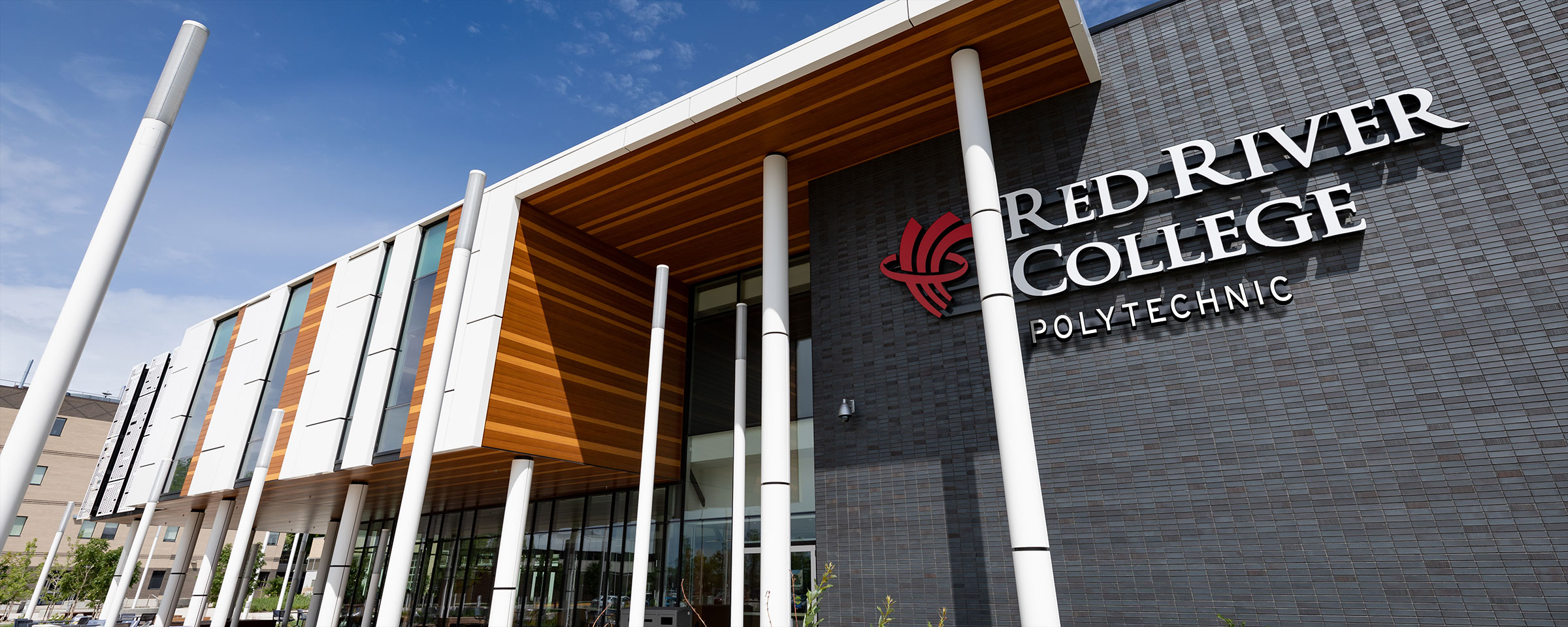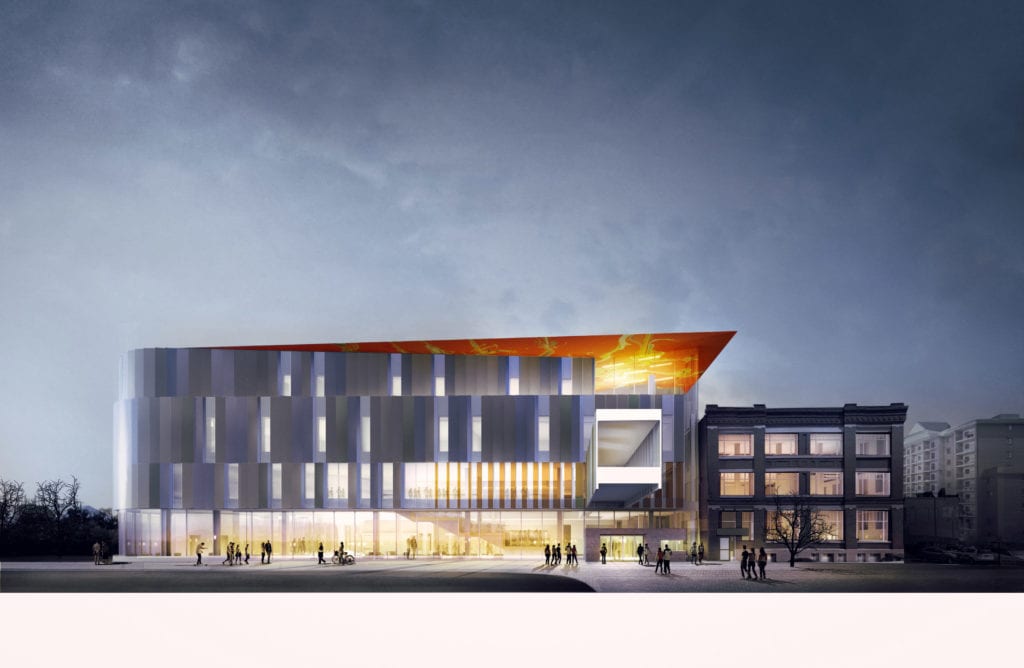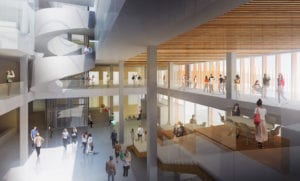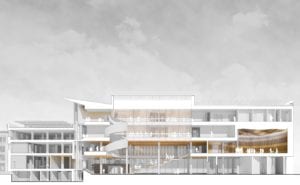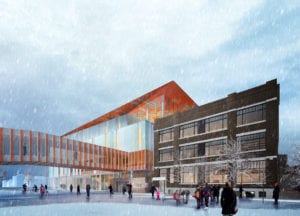Government support helps Red River College soar to new heights in aviation and aeronautics training
Winnipeg, MB – The Province of Manitoba is helping Red River College (RRC) reach new heights in aviation and aeronautics training by supporting the College’s acquisition of its successful Stevenson Aviation Campus, Education and Training Minister Ian Wishart announced today.
“Our government recognizes the leadership shown by Red River College in the purchase of their campus property, where they provide essential training for Manitobans in a skilled and high-demand industry,” Wishart said. “This is a fiscally-responsible plan that will help ensure many more people can pursue a career in aeronautics and learn in an exceptional environment with industry leaders and experts.”
The Manitoba government enabled the purchase of the Stevenson Aviation Campus by approving RRC’s plan to borrow up to $8 million to acquire the previously-leased facility. RRC requires government approval to borrow, as set out by The Red River College Act. By purchasing the campus from its landlord, Hubert Kleysen, RRC will save nearly $1 million over the term of the mortgage and will have greater flexibility to grow and adapt its renowned aviation and aeronautics programs.
“Red River College works shoulder-to-shoulder with industry to deliver cutting-edge training at our Stevenson Campus, and to provide students with the job-ready skills they need to compete here at home, and on a national and global stage,” said Paul Vogt, RRC president and CEO.
“By acquiring our campus – with the support of the provincial government – we will continue to provide strong workforce training for Manitoba’s aerospace and aviation sector, which is one of the largest in Canada. This move will make us more agile and ensure that we are successful for generations to come.”
RRC’s Stevenson Aviation Campus offers diploma programs for aircraft maintenance engineers, aerospace manufacturing technicians and gas turbine engine repair. Each year, RRC trains about 400 students in these programs, boasting high graduation rates in the 80 to 90 per cent range.
“Boeing Canada Winnipeg is proud of our diverse, talented, and innovative workforce, many of whom are graduates of Red River College and were trained at the Stevenson Campuses,” said Kim Westenskow, GM, Boeing Canada Winnipeg.
“As one of the largest aerospace composite manufacturers in Canada, our partnership and collaboration with the College has been imperative in advancing our role in the global aerospace industry. We are proud to celebrate this important milestone with you today, and a bright future ahead.”
The campus, which is located on the west side of the Winnipeg airport, also offers specialized training for individuals already working in the industry, to help them meet certification requirements and continually upgrade their skills and knowledge. All programs are developed with industry partners and follow federal aerospace guidelines.
Over 5,000 people are directly employed by the aerospace and aviation sector in Manitoba. Aerospace manufacturing, repair and overhaul, training and related services contribute $1.9 billion to Manitoba’s economy every year. The province is home to the third-largest aerospace sector in Canada.
